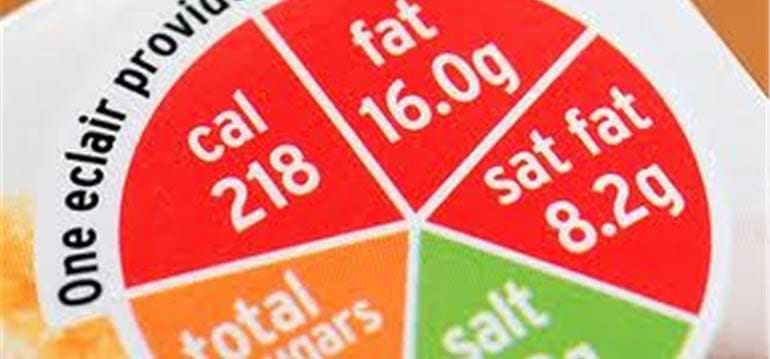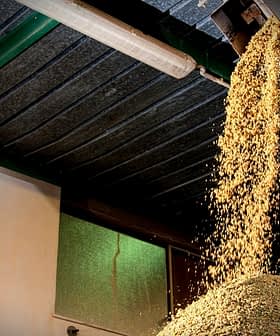
The European Union has rejected the United Kingdom’s controversial “traffic light” nutritional labeling scheme, citing a paradoxical example where Diet Coke is labeled more favorably than extra virgin olive oil.
The European Commission has filed an infringement procedure against the U.K. government, which has two months to respond to the allegations. The charges allege an infringement on the EU’s core principle of the free movement of goods; that is, the government is unlawfully interfering with consumer’s choices.
The “traffic light” nutritional information system was enacted by the U.K. government in an effort to fight obesity and help people make better food choices. The voluntary system — which is widely supported by Britain’s largest supermarket chains — uses red, amber and green color codes to label the calories, sugar, fat, saturated fat and sodium content of a product. Green signals a low amount of a given nutrient; amber a medium amount and red, high.
A “red light” is indicated when fat content of a given product exceeds 17.5g/100g.
That well-meaning but simplistic guideline creates a logical paradox when it comes to super foods like olive oil, said Coldiretti, Italy’s National Confederation of Farmers.
“The goal of the traffic lights was to decrease the consumption of fat, salt and sugar but not based on the amount actually consumed, but only the generic presence of a certain type of substance,” said a spokesperson. “This ends up excluding foods such as extra virgin olive oil while promoting carbonated beverages without sugar, misleading consumers with respect to the real nutritional value.”
Because the system simply looks at numbers, the result is sugar-free soft drinks like Diet Coke receiving a “green light,” despite the presence of controversial artificial sweeteners and having no health benefits.
Coldiretti said that the Italian export market will be harmed by the system, which also frowns upon cheese and prosciutto.
Upon passage of the system in 2013, London said that it complied with EU Regulation No. 1169/2011, which concerns the provision of food information to consumers.








